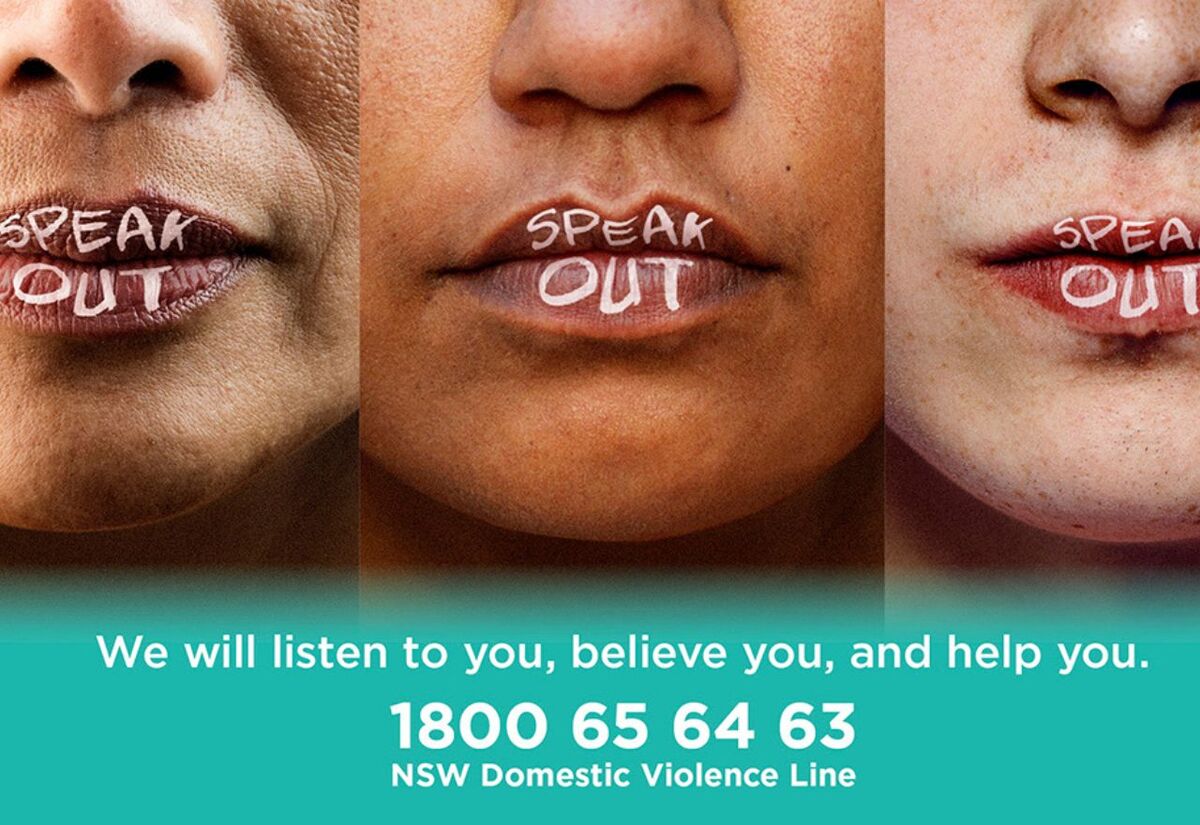Police-led DV orders hurting victims advocates say
Luke Williams
21 March 2023, 2:40 AM
 Image: NSW Government.
Image: NSW Government. Domestic violence advocates and lawyers say “overly restrictive” police-led Apprehended Violence Orders (AVO) are causing problems for the people they are supposed to protect.
Patrick O’Callaghan, Principle Solicitor with the Western NSW Community Legal Centre told the Western Plains App that domestic AVO’s filed by the police in court were often done so without consulting the protected person.
“The only time the person seeking protection is heard in court is if they are required in the witness box,” he said. “There is no requirement that they have to be heard by the magistrate or that their views have to be taken into account”.
Communities across the western plains have some of the highest rates of domestic and family violence per head of population and, while all agree that urgent action is needed to reduce the rates, some agencies are calling for more care when police take the lead.
Domestic violence laws allow police to make AVO applications on behalf of alleged victims in specific situations.
“But there is nothing in the legislation that gives the person they are applying on behalf of a voice in these issues," Mr O'Callaghan said.
“We see a lot of situations where police seek and are granted conditions in that order that the protected person does not agree with."
“When the domestic violence has been at the less serious end, it is often the case that the victim will still want the father to have a relationship with the children, but the AVO they were never consulted about and never asked their views about in court prevents the children from seeing the father”.

ABOVE: Patrick O’Callaghan. Image: Western NSW Community Legal Centre
The Western NSW Community Legal Centre's head lawyer also said in other situations the protected person is effectively prevented from having a relationship with the respondent’s family because the respondent moves back in with his mother and father.
“So for instance, the respondent’s mother was once part of the protected person’s very important support network but now that the respondent lives with his family she can no longer have contact with them.”
He said it was even sometimes the case that the victim had told the police they did not want specific conditions in the AVOs, but that police still pursued it anyway.
O’Callaghan wants changes to the laws which would require that the court and police take into consideration the views of the person it is purporting to protect.
A spokesperson for NSW Police told the Western Plains App “The NSWPF has an obligation in accordance with s6.5 of the Victims Care and Support Act 2013, the Charter of Victim’s Rights, and a Review by the Australian Law Reform Commission to ensure victims of domestic violence offences are notified of any results associated with the prosecution of an accused."
“A victim will be notified of any charges that have been laid, modifications to any bail conditions and court proceedings, the location of any court proceedings, and the results of any decisions associated with any plea bargaining and mediation.”
“A victim will also be informed of any appeal processes and results after the matters have been finalised in the lower courts”.
Dr Bridget Mottram, Senior Policy Officer, Domestic Violence NSW told the Western Plains App that her organisation "shares concerns (with the Western NSW Legal Service) around the lack of agency afforded to victim-survivors throughout this process."
"There are ongoing discussions around mechanisms that could alleviate these concerns. However, it is important we don’t go backwards, where perpetrators can pressure victim-survivors into ensuring no formal action is taken, and make women responsible for keeping themselves safe”.
“Any legislative or policy change would require significant consultation, including with victim-survivors” she said.
“The primary concern of the NSWPF is the safety and protection of victims of crime” the NSW Police spokesperson said.




